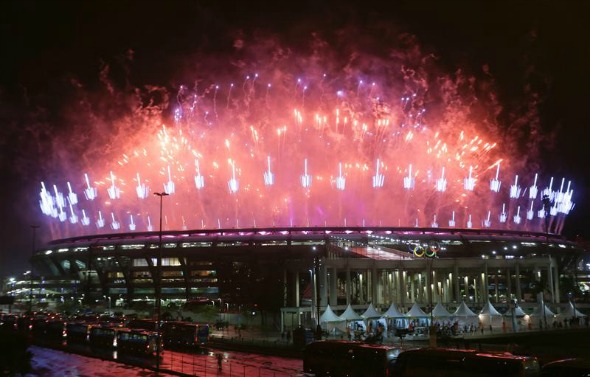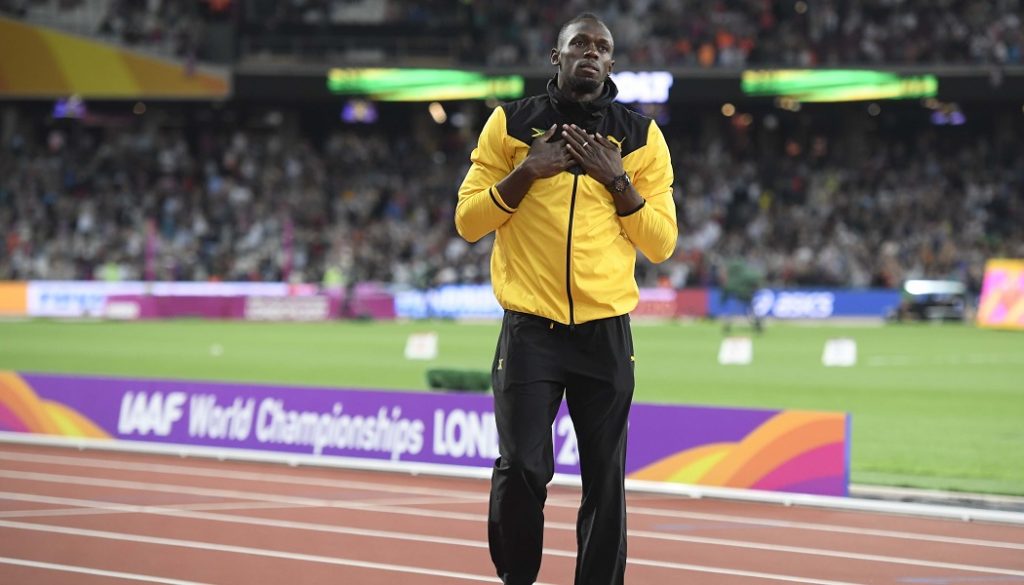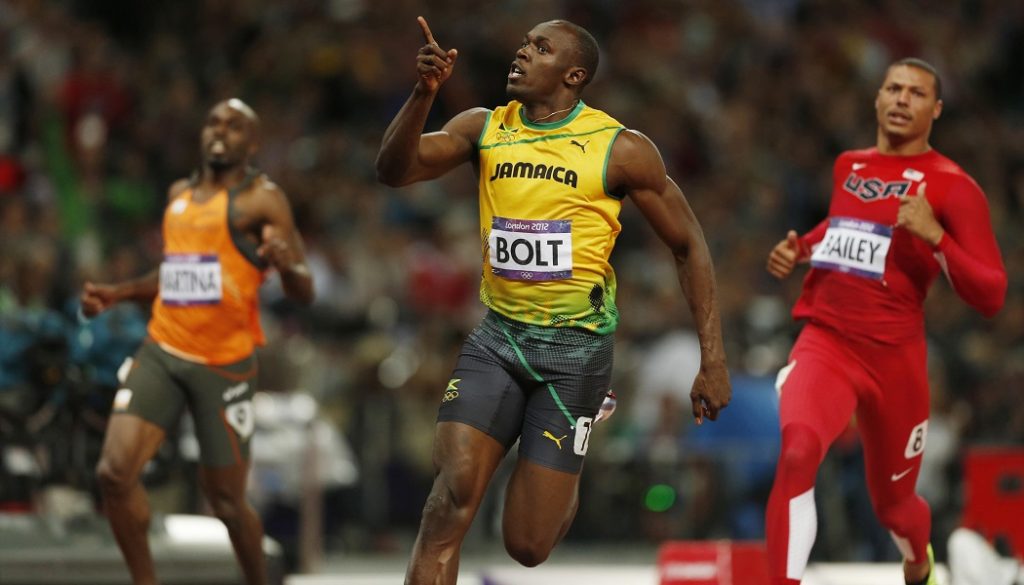Time For The Olympics To Really Make a Difference: Welcome To Jamaica 2036
March 9, 2021
The topic of the Olympics has been in the news, unsurprisingly you may think, as we are in an (albeit surprise) Olympic year. However, this most recent news centred around the report that the IOC’s preferred destination of the 2032 Games is Brisbane, Australia.
So for his latest Crowdown on iSPORTCONNECT, Tim Crow takes a look at how the IOC should to explore new avenues and diversify from the major cities in order to make a true difference and leave its intended legacy.
Have they missed a meeting?
That was my first thought on reading much of the recent media commentary on the IOC’s decision to make Brisbane the preferred host of the 2032 Olympics – the meeting in question being the IOC’s June 2019 Session at which it announced it would be adopting precisely this process in future, ending the high-cost, high-profile host city bidding wars of the past.
Not that I was surprised at the columns which chose to suggest that the announcement was a surprise. After all, along with Olympic bid lobbyists and PRs, the biggest loser from that 2019 IOC decision was the media, for which the bidding wars were high-value episodic content. The IOC killing that was never going to be popular with them.
“Somehow the IOC needs to build more transparency into the process of which cities it is engaging with, and why.”
Many of the same columns also pushed conspiracy theories about the Brisbane getting the nod, citing potential conflicts of interest within the IOC. This was also inevitable, but if like me you took the time to read the IOC’s very detailed analysis of Brisbane’s case – compiled with the input of a long list of independent organisations – the idea that there was anything untoward happening seemed fanciful. And let’s not forget that there’s a long way to go – including in particular a vote by the entire IOC membership – before Brisbane 2032 becomes a reality.
None of which is to say that, first time out, the new process is working perfectly. In particular, somehow the IOC needs to build more transparency into the process of which cities it is engaging with, and why, and how it’s going. Easier said than done of course. But a brand is what a brand does.
All of which brings me to the IOC and Olympic Games brands. The point of Big Sport is, naturally, to be Big.
Big stars. Big events. Big audiences. Big TV deals. Big sponsorships. Big money.
The bigger the better.
And they don’t come any bigger than the summer Olympics, which is appreciably bigger than its biggest Big Sport rival, the FIFA World Cup.
But this is now a Big Problem, because for the IOC and the Olympics, bigger is no longer better.
The IOC’s most important customer isn’t big media companies or big sponsors. It’s cities. Big cities. Beijing, London, Rio, Tokyo, Paris, Los Angeles.

But the pipeline of big cities who want to stage the Games is almost empty, as the 2024/2028 dual Paris/LA award highlighted.
Even big cities don’t want to stage the Olympics, because it’s become Too Big.
For Too Big, read Too Expensive.
“A taxpayer bill running into billions of dollars? Thanks, but no thanks.”
“Legacy? We’re not convinced.”
When you have a product which your most important customer doesn’t want to buy, you have a Big Problem.
No host city, no Games.
And in a world ravaged by the pandemic, this Big Problem has only got bigger. The IOC, naturally, knows this.
Hence the new candidature process and the early call on Brisbane for 2032. Away with high-cost bidding wars which produce too many losers and too many corruption cases. In with a new philosophy to invite – theoretically – any city and any country to put their case.
“What about all the smaller cities and smaller countries in the world that currently couldn’t dream of staging the Olympics?”
But how far does that philosophy go? In particular, what about all the smaller cities and smaller countries in the world that currently couldn’t dream of staging the Olympics, because even in the IOC’s new construct it’s still way too big and too expensive for them?
Shouldn’t the IOC’s new approach include them – maybe even prioritise them – too?
I think it should. In fact, I can’t think of anything that the IOC could do to better safeguard its future. Starting with the 2036 Games.
But to make that possible two radical things need to happen.
The first is that the Games needs to become smaller.
Which opens up the second, which is that the IOC should pay for Games that go to these countries.
So where should the IOC start? Which potential candidate could it – should it – in its own words, ‘invite…to present a project that fits their sporting, economic, social and environmental long-term planning needs.’?
Welcome to Jamaica 2036.
Nowhere could be more appropriate. The birthplace of Usain Bolt, the athlete who above all others in the modern era – maybe any era – has defined the Olympics.

The nation that is above all the beating heart of sprinting, the Games’ most iconic discipline.
And yet despite this, it’s a nation that currently couldn’t dream of staging the Olympics, because it’s too big, too expensive.
But not if you scale the Games down.
Kingston has Independence Park, the national sports and cultural centre which includes the National Stadium, home of Jamaican football and athletics (capacity 35,000), a velodrome, and a range of indoor and outdoor arenas that can stage multiple sports including swimming.
A readymade Olympic Park. And on top of that there’s no Olympic event that Jamaica couldn’t stage.
Yes, Independence Park would need some refurbishment. But I stress, refurbishment.
“Yes, we’d need to build an Athletes’ Village and a Media Centre. Bring it on. New, affordable housing in a nation that desperately needs it. What a legacy.”
A 35,000 capacity is fine. Remember, we’re scaling everything down: no more white elephant Olympic Stadiums. And while we’re at it, let’s make ticket pricing affordable – really affordable – for the local population. Every event would be packed out.
Yes, we’d need to build an Athletes’ Village and a Media Centre. Bring it on. New, affordable housing in a nation that desperately needs it. What a legacy.
And yes, there’d be some infrastructure work needed too, but nowhere near as much as usual. Again, we’re scaling everything down.
Let’s say it all costs $2billion. That would go a very, very long way, if not all the way.
That’s only double what the IOC contributed to Rio 2016 – a much, much bigger project. And even allowing for the extra costs of staging the Tokyo Games, based on the IOC’s current TV and sponsorship rights trajectory it’s highly likely that they’ll have far more than that in their reserves by the time we get past LA 2028.
Very do-able and a small price to pay for what would, at a stroke, transform the image of the IOC and the Games.
“The media, the sponsors and the fans would love it, and making the Olympics smaller couldn’t be more Olympian.”
It would be impossible to criticise.
It would leave a sporting, economic and social legacy the like of which the Olympics has never seen in a country that couldn’t need it, or deserve it more.
The media, the sponsors and the fans would love it, and making the Olympics smaller couldn’t be more Olympian.
As de Coubertin said, “The Olympic Games are a pilgrimage to the past and an act of faith in the future.”
Back to the future, the Olympics shouldn’t be about the bigger the better. It should be about the best in human spirit, about purpose beyond profit.
Not bigger is better, but less is more.


